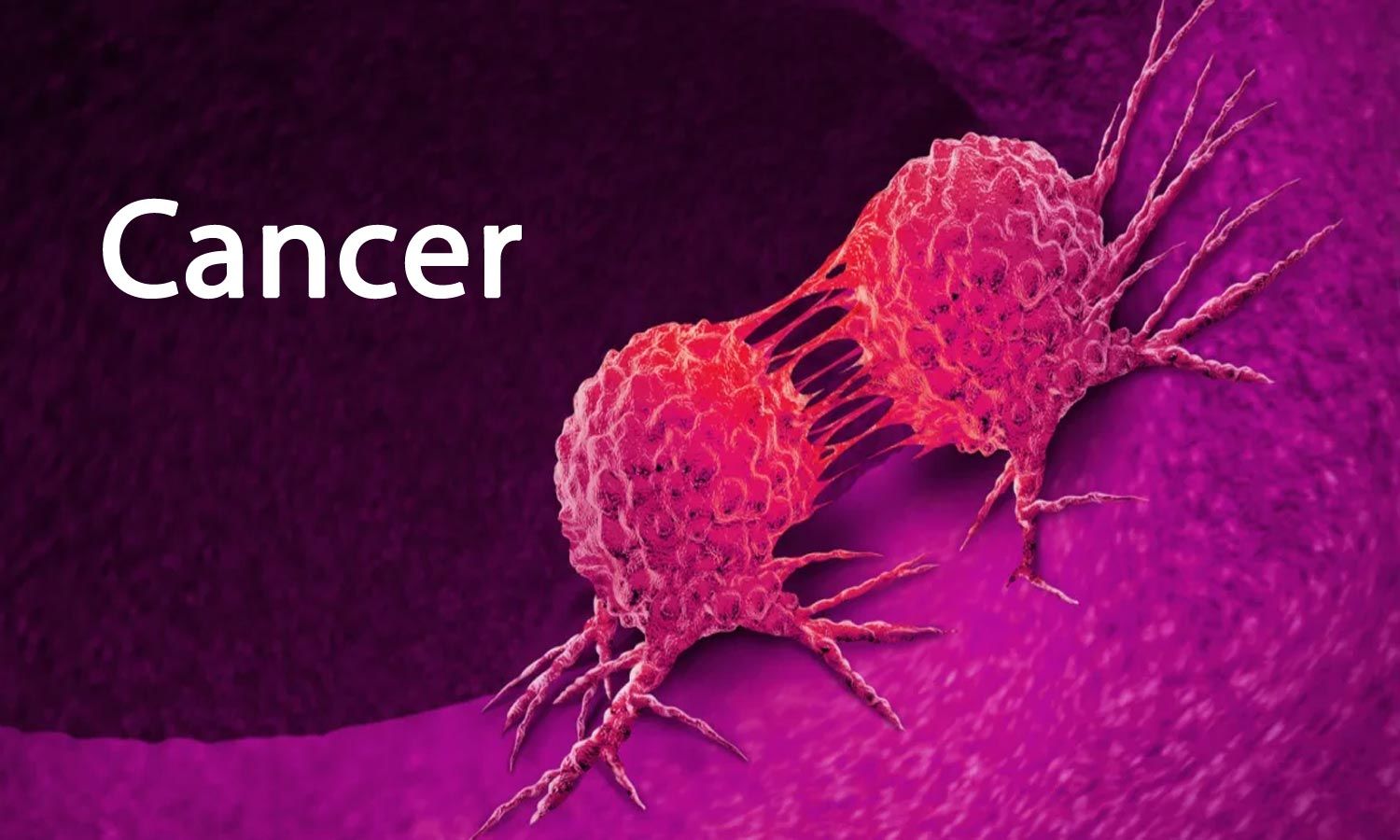Health
Growing incidence of cancer disease in Nigeria, worrisome – Expert

A Consultant Ocular Oncologist, Dr Abia Nzelu, has decried the growing incidence of cancer disease in Nigeria and the poor attention being given to it in spite of its ravaging effects.
Nzelu, in an interview with our reporter on Thursday in Lagos, in commemoration of the Cervical Cancer Awareness Month, said that COVID-19 outbreaks had contributed to it.
Every January is Cervical Cancer Awareness Month, a great time to raise awareness on the disease and talk about how HPV vaccines can help prevent cancer.
She said COVID-19 outbreak had disrupted and negatively affected activities of the Mass Medical Mission (MMM) as it could no longer embark on its medical outreaching of one thousand people target.
According to her, since the outbreak of COVID-19, there has not been any mass screening on cancer that may involve using the PinkCruise mobile cancer centre (buses).
“Embarking on screening exercise now can be more risky due to prevalence of the Coronavirus disease.
“To avoid people coming for cancer screening and ending up going home with COVID-19, we resolved to focus on advocacy until the waves of COVID-19 calm down, so that people will be more informed about cancer disease.
“Since it is not possible for mass screening that will require using the PinkCruise Mobile Cancer Centre (buses), so the buses have been parked for long now.
“But, we usually take the buses out from time to time for servicing in order to ensure they are still in good condition,” she said.
Nzelu, also Executive Secretary, Mass Medical Mission (MMM), said the mission would focus on educating and advocating for increased knowledge of the public on Cervical Cancer and Human PapilomaVirus (HPV) disease in the country.
She said that the mission resolved to focus on advocacy due to the restrictions on mass gathering because of the ravaging Coronavirus disease.
Nzelu said 99 per cent of cervical cancer was linked to infection with HPV, an extremely common virus that affects 630 million people globally and is transmitted through sexual contact.
The consultant said that HPV vaccines could help prevent infection from both high risk HPV types that can lead to cervical cancer and low risk types that cause genital warts.
“There are more than 170 types of HPV, 12 of which cause cancer in humans. However, about 75 per cent of cervical cancer are caused by HPV types 16 and 18.
“HPV is also responsible for cancer in other parts of the body, including the vulva, vagina, penis, scrotum, anus, perineum, conjunctival of the eye, mouth and throat.
“Cervical cancer is virtually 100 per cent preventable and also curable if detected and treated early. Yet it is the fourth most common cancer in women globally, and the second most common cancer among females in less developed countries,” she said.
The expert decried the absence of a functional Comprehensive Cancer Centre (CCC) in the country, where cancer cases could be fully treated.
Quoting the World Health Organisation (WHO), Nzelu said there were 570,000 cases of cervical cancer worldwide in 2018, and about 311,000 deaths.
“Sadly, 90 per cent of those deaths occurred in developing nations like Nigeria, where women lack access to screening and early intervention.
“Furthermore, WHO has warned that if drastic action is not taken, the annual number of new cases of cervical cancer could rise from 570,000 to 700,000 between 2018 and 2030, while annual deaths would increase from 311,000 to 400,000.
“In Nigeria, cervical cancer is the second most common cancer and second most common cause of cancer deaths in females.
“In 2008, cervical cancer killed 9,659 Nigerian women (66% mortality rate), by 2012, this reduced to 8,070 (57% mortality rate).
“However, 2018 saw a new spike in cervical cancer mortality to 10,403 (70% mortality rate), while there was a fall in the overall cancer deaths in Nigeria during the same period, from 75,392 deaths in 2008 to 70,327 deaths in 2018 (WHO data).
“With the current COVID-induced restriction on mass gathering coupled with the strain on the already deficient infrastructure for cancer care in the country; and the diversion of the few resources available locally toward addressing the COVID-19 crisis.
“There is the risk that the gains in the effort toward reducing the nation’s cancer burden would be severely undermined.
“This situation, if unaddressed, could potentially produce an even greater wave of cervical cancer deaths,” Nzelu said.




 Davido's Net Worth & Lifestyle
Davido's Net Worth & Lifestyle 
